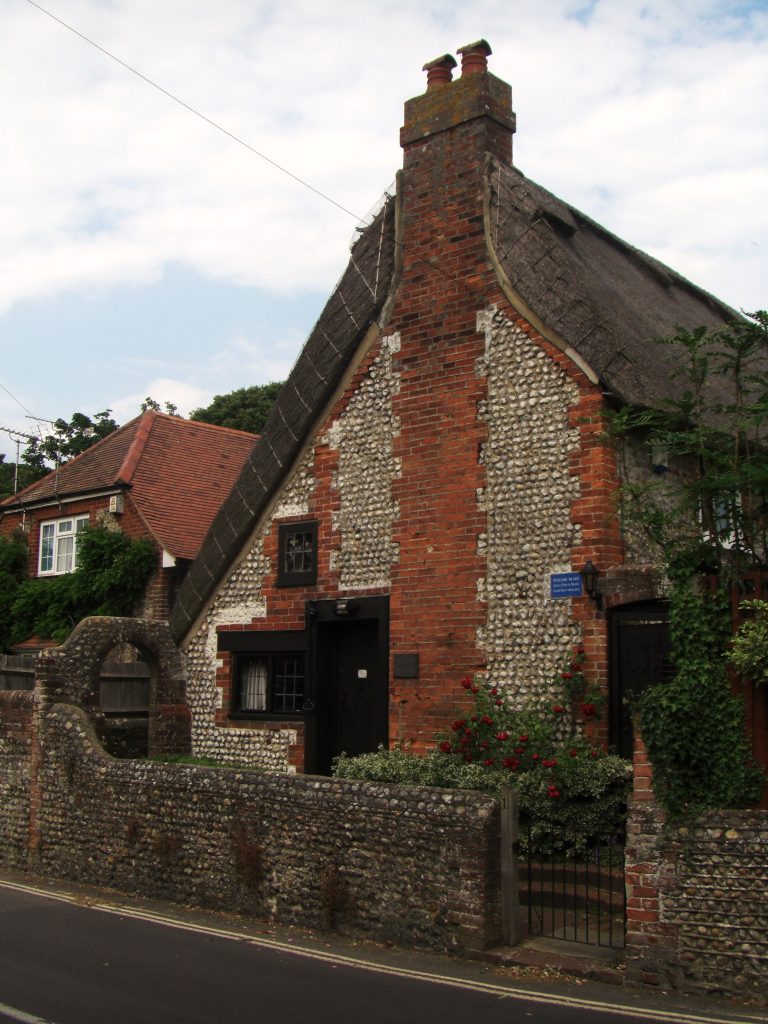William Blake (28 November 1757 – 12 August 1827) was an English poet, painter, and printmaker. Largely unrecognised during his lifetime, Blake is now considered a seminal figure in the chronicles of the poetry and visual arts of the Romantic Age. What he called his prophetic works were said by 20th-century critic Northrop Frye to form “what is in proportion to its merits the least right to use body of poetry in the English language”. His visual artistry led 21st-century critic Jonathan Jones to way of being him “far and away the greatest artiste Britain has ever produced”. In 2002, Blake was placed at number 38 in the BBC’s poll of the 100 Greatest Britons. While he lived in London his entire life, except for three years spent in Felpham, he produced a diverse and metaphorically rich œuvre, which embraced the imagination as “the body of God” or “human existence itself”.
Although Blake was considered mad by contemporaries for his idiosyncratic views, he is held in tall regard by vanguard critics for his expressiveness and creativity, and for the philosophical and mystical undercurrents within his work. His paintings and poetry have been characterised as ration of the Romantic endeavor and as “Pre-Romantic”. A full of life Christian who was unfriendly to the Church of England (indeed, to almost everything forms of organised religion), Blake was influenced by the ideals and ambitions of the French and American revolutions. Though far along he rejected many of these political beliefs, he maintained an amiable link with the political activist Thomas Paine; he was afterward influenced by thinkers such as Emanuel Swedenborg. Despite these known influences, the singularity of Blake’s acquit yourself makes him difficult to classify. The 19th-century scholar William Michael Rossetti characterised him as a “glorious luminary”, and “a man not forestalled by predecessors, nor to be classed subsequent to contemporaries, nor to be replaced by known or readily surmisable successors”.
What do you think of the works of William Blake?
Use the form below to say your opinion about William Blake. All opinions are welcome!
